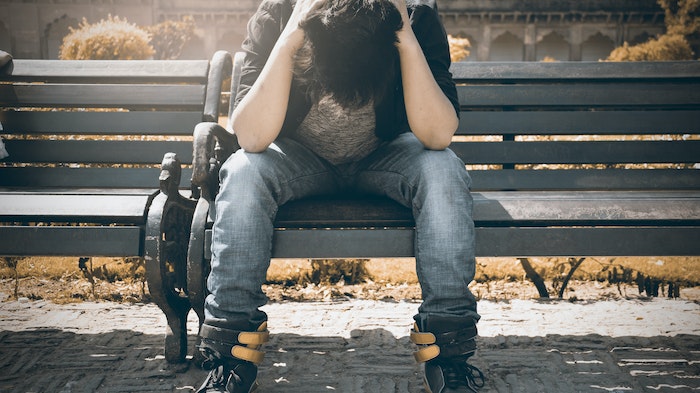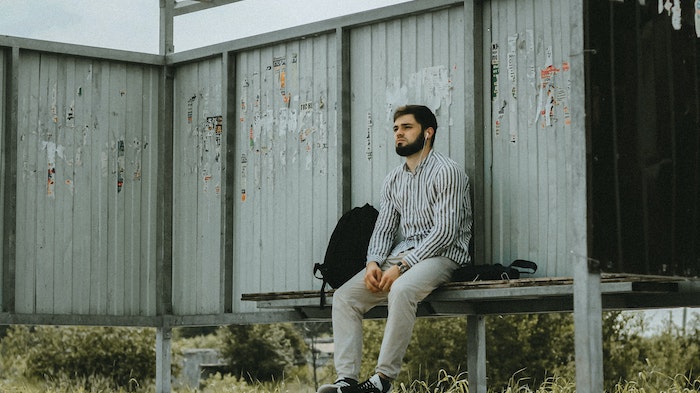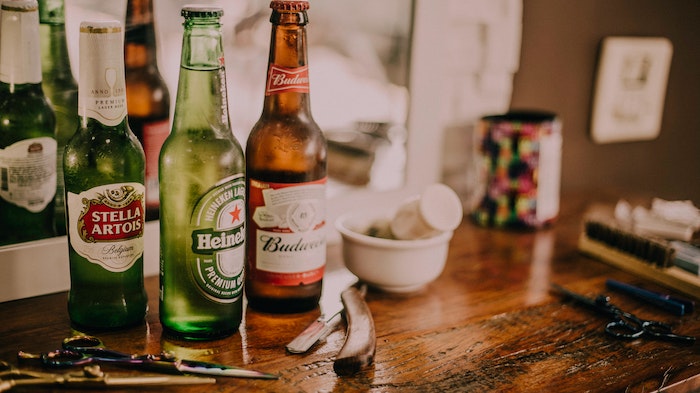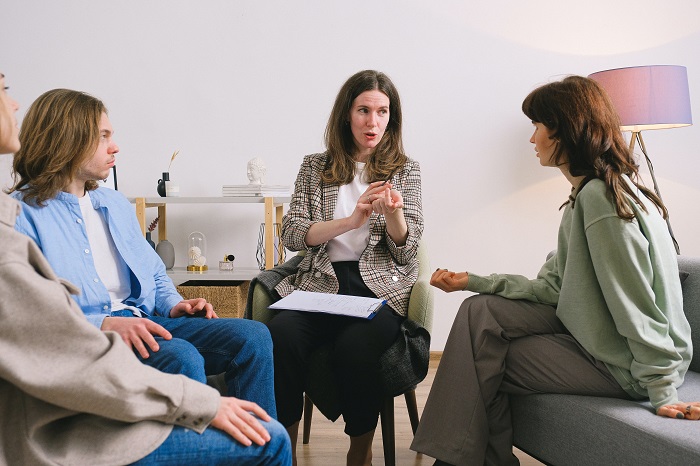For people trying to overcome addiction, it can be difficult to avoid substances completely.
In the UK, on average, it was found that between 40 to 60% of people that undergo treatment for substance dependency will use a substance again in their lifetime.
For more information about drug and alcohol statistics in the UK, please see.
When someone uses a substance after achieving sobriety this can lead to many negative emotions such as shame and guilt.
It can also lead people to worry that they have relapsed.
This is, however, not the case and knowing the difference between and slip and a full-blown relapse is important.
The purpose of this article is to discuss the difference between a slip and a relapse, shedding light on how a slip can lead to a relapse.
It will highlight the main differences, explore relapse and how it can be avoided, and how to get help.

The main difference between a slip and relapse is that the former is a monetary lapse of judgement, and the latter is fully engaging in substance use.
To elucidate, when someone has a slip, this usually means that they have not started using a substance regularly.
Instead, this might involve consuming a substance once at a party or social event.
For example, if someone suffered from alcohol dependency and achieved sobriety, a slip might be having a beer at a party – this is not a relapse.
However, if this one beer turns into several, and the person continues drinking again day after day, this would be considered a relapse.
Relapse is defined as a deterioration of one’s health.
With regards to addiction, this usually means emerging negative habitual behaviour that leads to dependency.
Studies have found that a person’s intentions and emotions are usually the difference between a slip and a relapse.
A slip, for example, is usually followed by feelings of guilt and want to return to sobriety.
A relapse, on the other hand, is a conscious choice to continue using a substance and forgo sobriety.
In this sense, relapse is premeditated – that is, the person has thought about using again before doing so. (1)

Understanding what leads to relapse can be complex as it is usually an individual thing – reasons for using a substance again vary from person to person.
Despite common conceptions, relapse is not necessarily about a lack of willpower.
Although this will be applicable in some cases, in most, it is about overcoming dependency – both mentally and physiologically.
People that suffer from substance dependency will need the substance to function properly.
Without it, people will experience, withdrawal, depression, and various physical ailments.
For example, because many substances have such an adverse impact on a person’s brain, people can experience intense depression when trying to achieve and maintain sobriety.
This happens because the brain, when dependent upon a substance, will stop producing chemicals such as dopamine – the chemical responsible for feelings of pleasure.
This alone is enough to make people want to start using again.
Substance dependency is also habitual. For many people, using a substance is a form of self-medication – whether for mental health issues or physiological issues.
Concerning the former, many people that suffer from mental health issues will use the substance as a coping mechanism.
When a person achieves sobriety but begins to feel their mental health worsen it is easy for them to turn to old habits.
A final example is socialisation. Many people that suffer from substance dependency are surrounded by others that engage in similar behaviour.
Maintaining sobriety and being around others that are using substances can quickly lead to relapse. (2)

Relapse does not happen quickly and there is increasing evidence to suggest that relapse usually happens in several stages:
The first stage, emotional relapse, as the name suggests, is about a person’s emotions.
This stage is less about thinking and more about feelings and behaviour.
The most common symptom of this stage is a lack of self-care – emotionally, physically, and physiologically.
This might manifest itself in certain behaviours such as not healthily expressing emotions, becoming socially isolated, not eating, and not sleeping.
Emotional relapse will often then lead to mental relapse.
Mental relapse is the stage where people consider using again. This involves debating the pros and cons of doing so.
For example, a person at this might begin to convince themselves that the addiction was not that bad, that they can moderate their use, or that occasional use might not lead to addiction.
Some of the signs of mental relapse include intense cravings, socialising with others using substances, glamorising substance use, and looking for opportunities to relapse.
The final stage – the physical stage – is when the person starts using again.
Some experts define this stage as a lapse followed by a relapse. The former being the initial use and the latter being a full return to substance dependency. (3)

As mentioned, relapse does not happen overnight and is usually a process.
There are, however, some things that can lead to relapse that are worth being aware of. (4)
These include:

The first port of call for anyone worrying about relapse is to contact a professional, such as a GP.
They will be best able to assess individual needs and offer access to relapse prevention programs.
In addition, the UK is home to many great drug and alcohol services.
Such organisations offer free help, such as counselling, relapse prevention, and rehab aftercare.
For information about these organisations and how to access them, please see.
With the help of a professional, creating a relapse prevention plan can be one of the best ways to maintain sobriety.
This is usually a written document that contains information about how the substance dependency occurred, potential triggers, and coping mechanisms that deal with the different stages of relapse.
As mentioned above, many things lead to relapse. The relapse prevention plan aims to set out what might be relevant potential triggers to that individual.
This means that the person has a lot of things to avoid and be consciously aware of.
In addition, relapse prevention plans deal with each stage of relapse by helping people develop coping tools.
For example, people are taught emotional management, cognitive reappraisal, and positive communication.
Emotional management focuses on helping people express their emotions, understand what causes emotions, and how to deal with them healthily.
Cognitive reappraisal focuses on teaching people to be aware of their thoughts and how to change negative thoughts into positive ones.
Positive communication helps people learn how to talk about their struggles and who to reach out to if they need help. (5)
In addition to creating a relapse prevention plan, some positive, healthy lifestyle activities can help people maintain sobriety and avoid relapse.
Examples of this include:

In addition to the aforementioned relapse prevention tips, therapy can be a great way to maintain sobriety and avoid relapse.
Many great types of therapy can be useful for achieving this.
Popular examples include:
CBT is great for relapse prevention because it directly deals with how thoughts lead to behaviours.
For example, most relapses are predicated by thoughts that lead a person to start using again.
The goal of CBT is to make people aware of their negative thoughts and teach them how to reframe them into positive ones.
The result is that the person engages in positive behaviours, such as things that will help them maintain sobriety.
DBT is like CBT but focuses on emotions. This can be a great therapy type for people dealing with the emotional relapse stage.
Here, people will learn about emotions can lead to behaviours. Like CBT, it helps people learn how to control and manifest such emotions in positive ways.
Talk therapy, as the name suggests, involves sitting with an expert – a psychologist or psychiatrist, for example – and talking about the nature of the addiction.
The goal is to uncover the root cause and, by doing so, start the healing process.
This is a good therapy for relapse as it helps the person to address past and present issues and communicate about their struggles.
During talk therapy sessions, people might be asked to talk about their childhood, relationships, and substance triggers.
MI looks at a person’s motivations; this can be useful for both overcoming addiction and preventing relapse.
For example, during MI sessions, or interviews, people are encouraged to explore their motivation for using a substance or why they would want to start using it again.
Through these interviews, people are helped to create new and healthy motivations, such as remaining sober.
Holistic therapy is good for engendering well-being throughout a person’s recovery which helps prevent relapse.
Holistic therapy encourages people to engage in holistic activities, such as gardening, painting, or playing an instrument.
Finally, group therapy has a proven record of helping people maintain sobriety.
People will meet in a group setting and discuss issues, experiences, and struggles related to addiction and sobriety.
Group therapy is good for removing social isolation and encouraging accountability. (6)
Get help today by calling us at 0800 140 4690.
(1) Brownell, Kelly D., G. Alan Marlatt, Edward Lichtenstein, and G. Terence Wilson. “Understanding and preventing relapse.” American psychologist 41, no. 7 (1986): 765.
(2) Sinha, Rajita. “How does stress increase risk of drug abuse and relapse?.” Psychopharmacology 158 (2001): 343-359.
(3) Melemis, Steven M. “Focus: addiction: relapse prevention and the five rules of recovery.” The Yale journal of biology and medicine 88, no. 3 (2015): 325.
(4) Samet, Jeffrey. “Relapse triggers—full moon, full wallet, or foolhardy?.” The American journal of medicine 110, no. 5 (2001): 406-407.
(5) Ibid.
(6) Hettema, Jennifer, Julie Steele, and William R. Miller. “Motivational interviewing.” Annu. Rev. Clin. Psychol. 1 (2005): 91-111.